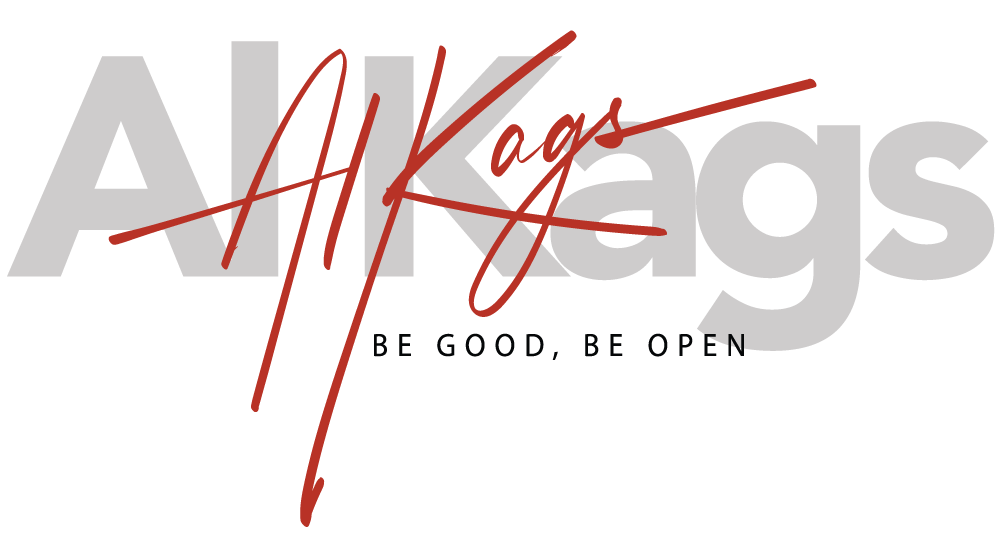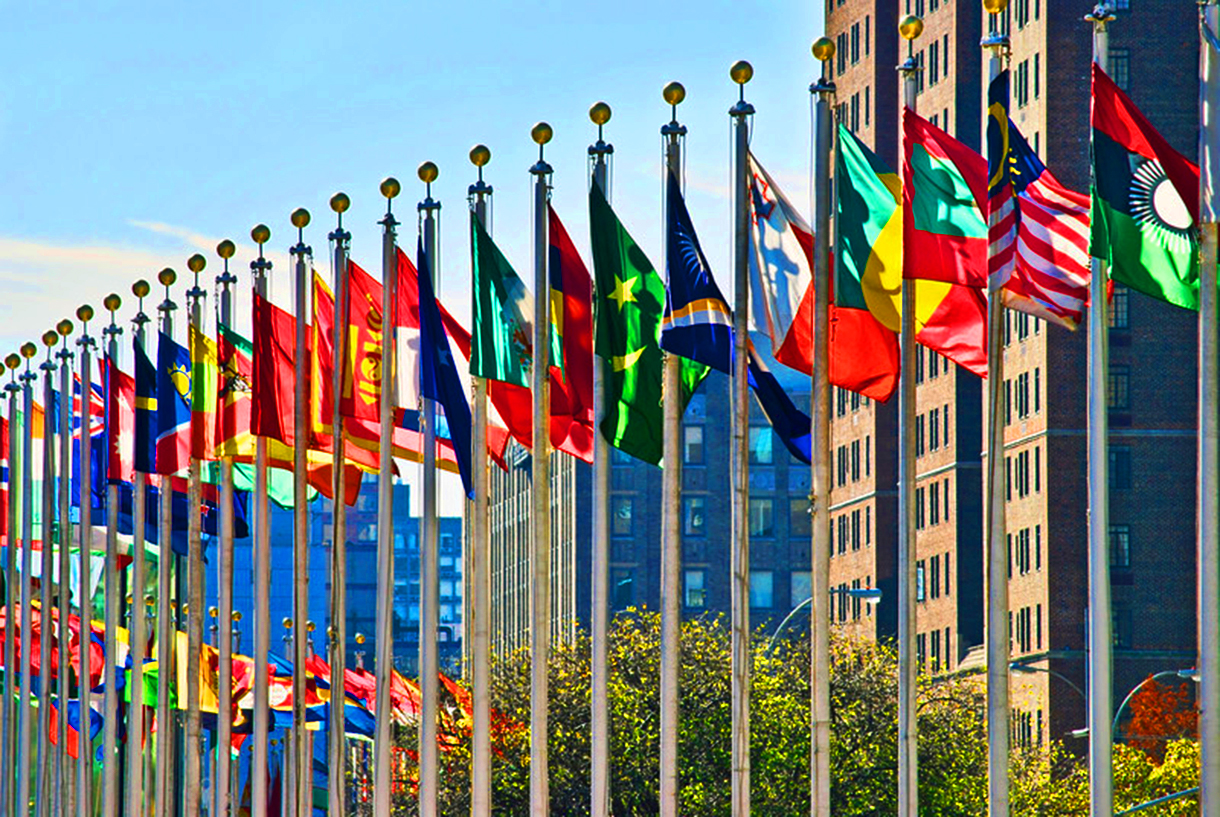After what is billed the loudest internet protest in history, the highly controversial SOPA and PIPA bills, that were due to be voted on last week, have been shelved. US Senator Harry Reid and Representative Lamar Smith both announced that they would withdraw their bills to allow further discussion.
It is true that the two proposals, while useful attempts at dealing with the scourge of piracy, were wrongly formed and threatened individual freedoms and rights, and threatened to tamper with the structure of the internet negatively.
Now that “the war” is suspended and there is an uneasy truce now ongoing, all stakeholders must now get involved and find a solution that works for all.
UPDATE: I think it is important that we don’t lose focus on the issue as Marco, the creator of Instapaper seems to have in this blog post. Whatever the issue with the MPAA’s purchasing power, it cannot be discounted wholly that the SOPA bills are attempting to deal with a valid issue. To start focusing on them, is to lose the plot.
I have some thoughts with regard to the way forward:
1. We must now aggressively seek technological solutions that protect against piracy. I’m afraid I have over the years developed a belief in the futility of legislating against piracy. I have learnt that piracy is a function of cost – people don’t see the value in other people’s intellectual property and therefore try get it for cheaper (a phenomenon I see as being merely human). If there are no options to getting the thing they want for free or cheaper, however, they will buy what they want at prescribed cost. Investment must go into R&D for better ecryption and encoding of digital products to lock them down as much as is possible.
2. Copyright holders might consider self-piracy. This is something that I have seen to work in Kenya and Tanzania among some musicians and local film-makers. They produce an album for example and go ahead and launch it into the mainstream market at market prices. They then produce many more lower quality simply burned CDs (as pirates generally would) and flood the underground with them, therefore scooping all the cash they can. This is a rudimentary system but you get the idea. One of the key factors promoting piracy is cost. Many people don’t place as much premium to quality. Deal with cost and ease of access to the works and start chipping away at piracy.
3. The issues of piracy are global issues and no one country can deal with them. It is a concern for anyone who has produced intellectual property around the world. The US and other countries must elevate the issue to a global level for legislation at the UN level for multinational consideration. After all as the protest showed, support for and against SOPA came from many more countries of the world.
The point ultimately, is that is is a global issue that must be addressed at a global level.


